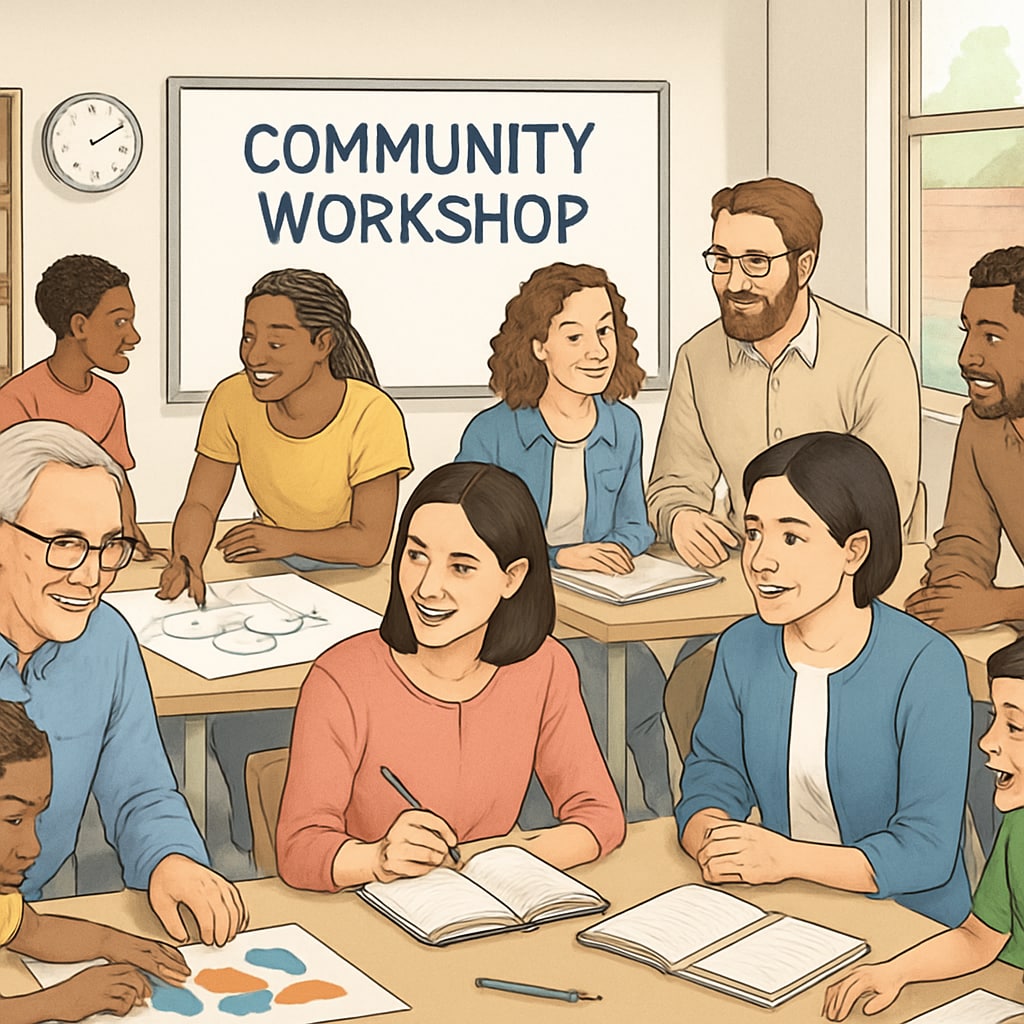Education interruptions can pose significant challenges for young individuals, particularly in the UK where academic pathways are vital for personal and career development. Whether caused by health issues, economic challenges, or other unforeseen circumstances, recovering from disrupted education requires a structured approach. This guide will explore how youth in the UK can return to learning, leveraging available resources and strategies to resume their academic journey.
Recognizing Educational Needs and Challenges
Before jumping back into academics, it’s essential to identify personal needs and understand the barriers to returning to education. These challenges may include gaps in knowledge, lack of confidence, financial constraints, or difficulty navigating the UK’s educational system.
- Self-Assessment: Reflect on the subjects or skills that require improvement.
- Career Goals: Connect academic pursuits to long-term aspirations.
- External Factors: Address life circumstances such as financial or health issues that may affect learning.

Leveraging Support Systems in the UK Education Framework
Fortunately, the UK offers numerous resources to help students get back on track after academic interruptions. Schools, colleges, and organizations provide specialized support to address individual needs.
Here are some resources worth exploring:
- Department for Education: Offers guidelines and programs for academic recovery.
- Further Education Colleges: Provide flexible courses and vocational training.
- Local educational charities and community programs that assist young people in overcoming challenges.

Practical Strategies for Returning to Education
Once personal needs and available support systems are identified, it’s time to implement strategies for academic recovery. These can include enrolling in part-time courses, seeking mentorship, or joining online learning platforms.
Suggested strategies include:
- Blended Learning: Combine online courses with in-person classes for flexibility.
- Study Groups: Network with peers to build confidence and shared learning experiences.
- Time Management: Develop a schedule to balance personal responsibilities and studies.
For example, platforms such as FutureLearn and Open University offer online courses tailored to various skill levels and career paths.
Regaining Confidence and Staying Motivated
Academic disruptions can often lead to self-doubt or a lack of motivation. Building confidence and maintaining momentum are key to successful educational recovery.
Consider these motivational tips:
- Set Achievable Goals: Break down larger academic objectives into smaller, manageable tasks.
- Celebrate Progress: Recognize and reward milestones to maintain enthusiasm.
- Seek Emotional Support: Speak with family, friends, or counselors who can provide encouragement.
As a result, students can reignite their passion for learning and develop a growth mindset, critical to overcoming setbacks.
In conclusion: Recovering from academic disruptions in the UK requires a clear understanding of personal needs, leveraging available educational resources, and staying motivated throughout the process. With persistence and the right strategies, young individuals can rebuild their pathways to success.


